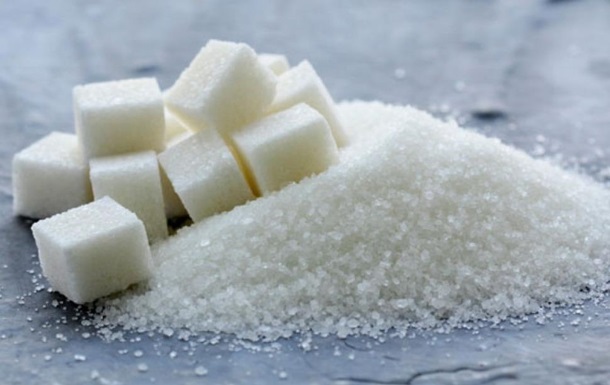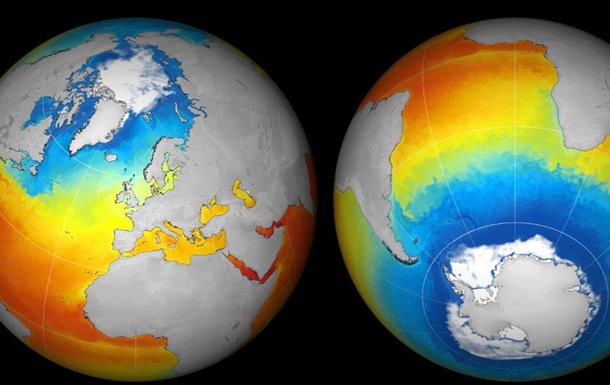
Sucralose linked to another negative health effect.
The problem is the mismatch between the brain’s expected calorie intake and the lack of actual energy, researchers say.
Scientists have linked the artificial sweetener sucralose to another potential negative health effect, reports Science Alert.
In a randomized cross-over study, when a group of 75 adults drank a drink containing sucralose, they experienced increased blood flow to the hypothalamus, a part of the brain that helps control appetite and food cravings.
In contrast, when the same participants drank a drink containing sucrose (table sugar), they experienced a hunger-suppressing effect. Peripheral glucose levels rose sharply, corresponding to a decrease in blood flow to the hypothalamus. Two hours after consuming sucrose, participants reported significantly lower levels of hunger than after consuming sucralose.
The findings, which support previous studies in rodents, suggest that non-caloric sweeteners may not be helpful for weight loss or reducing sugar cravings in the long term. In fact, they appear to change the way the hypothalamus communicates with other parts of the brain.
The researchers believe the problem lies in a mismatch between the brain’s expectation of calorie intake and the lack of actual energy. Sucralose is 600 times sweeter than sucrose, but it has zero calories and does not cause a spike in glucose or the hormones insulin and glucagon-like peptide, which the body uses to tell the brain that you’ve consumed calories to reduce hunger. Therefore, long-term consumption of sweeteners may alter the brain’s response to consuming such substances, and the differences in response were even more pronounced in obese participants.
Scientists are currently conducting further research to see exactly how sucralose affects the brains of children and adolescents.
The study was published in the journal Nature Metabolism.



